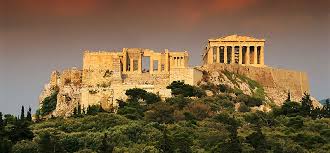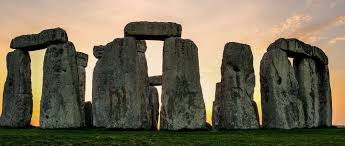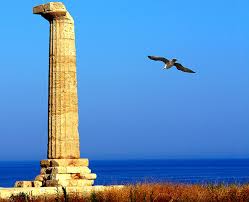Our world, the one of the XXIth century, is a fast one and everything moves relentlessly in it: the key world is “speed” and the motto is “never stop”. New York is the city that never sleeps and lots of different metropolis and places follow this pattern: there is a never-ending movement of things, information, trades and people. The single person, with his or her peculiarity and characteristics, disappeared and it is impossible to distinguish a person on the street. The true protagonist of the modern society is the crowd, an indipendent entity, a vortex in which a single existence gets lost and vanishes.
In The condition of the working class in England Engels says that he is frightened of the high number of people in London, and writes:
“The restless and noisy activity of the crowded streets is highly distasteful, and it is surely abhorrent to human nature itself. Hundreds of thousands of men and women drawn from all the classes and ranks of society pack the streets of London. They rush past each other as if they had nothing in common. This narrow-minded egoism, is everywhere the fundamental principle of modern society. But nowhere is this selfish egoism so blatantly evident as in the frantic bustle of the great city”.
This quote from a 1844 work is true now more than ever, because the post-modern individuals do nothing more than run, rush, accomplish the million goals they had planned in their busy day. But, where do they all go? Where do we all go?
We can answer this question if we truly understand that the nature of our society has completely changed the human nature. The advanced industrial society requires incessant rhytms of the production of commodities, it demands a higher productivity in the shortest possible time. It also has its roots in efficiency, in technical skills and in getting rid of waste. Therefore, our life must be like this, must look like the production of commodities if we want to have a chance to survive in a world like this.
We are doomed, obliged to be productive and efficient, we have to eliminate all of that activities that slow us down and that are sources of waste of money and time. Our schedule must be always full and, at the end of the day, we should be happy of having completed so many tasks. All the distractions must be avoided, we have to rush because the world keeps going and it is always one step ahead of us. We are victims of a kind of stress an anxiety that is produced by the very system that we once created.
Having stated so, having said that we are deprived of our true nature, it becomes clear that to reappropriate of our humanity is an act of courage. It is necessary to learn to slow down. It doesn’t mean to take a day off or to go on a vacation. Slowing down means take our life to a sustainable pace, a pace stressed by true activities that make us happy; a completely different pace from the one of the industrial production.
Try to find the time to read a good book and have a cup of tea, walking in the nature, creating something by hand, having some quality time with our loved ones, reflecting: this is the real meaning of slowing down. Reappropriate of our humanity and trying to incorporate a trascendental dimension in our everyday life. It also include the discovery of loneliness. During a lecture in Paris, Herbert Marcuse said:
“Loneliness, the condition that gave strength to transcendent ideas and emotions, doesn’t exist anymore”.
It is almost impossible to stay alone: we are always surrounded by other people, or bombed by mass media (tv, news, internet, social network). We are connected on a global scale and, therefore, never alone.
Loneliness doesn’t imply escaping from everything and everyone, or giving up on the company of others, it means that we have to find a moment to listen to our own thoughts, in order to rediscover and appreciate ourselves and others.










